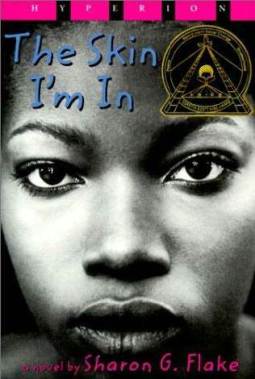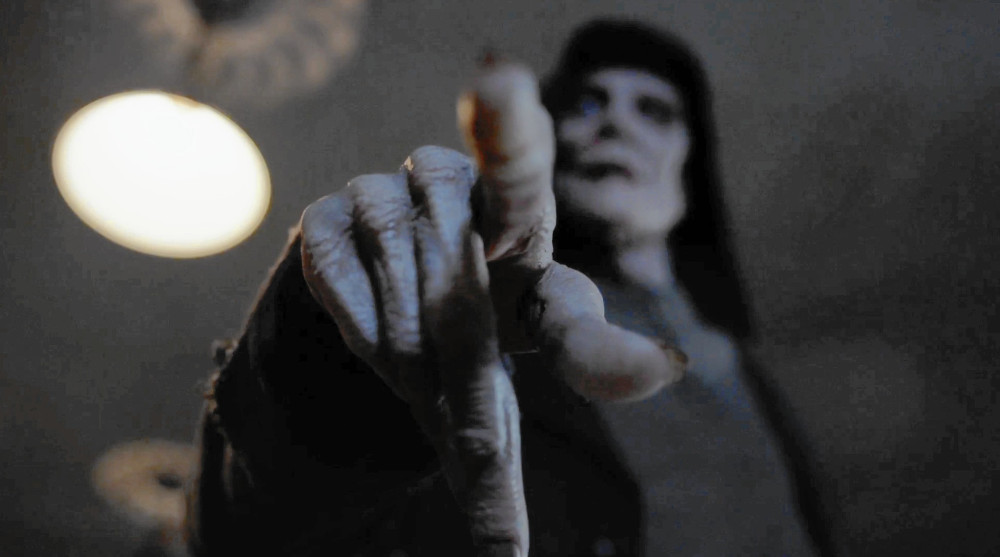PCTELA was awarded the Fund Teachers for the Dream grant this year! NCTE was extremely generous in awarding this grant. They’ve given us the opportunity to mentor three fabulous pre-service teachers from Pennsylvania. In this series you’ll hear directly from them about their experiences this school year with engaging students in discussions about diversity and self identity. They each used grant funding to develop and facilitate programs in their selected schools. One pre-service teacher chose to establish a book club with fifth grade students reading The Skin I’m In by Sharon G. Flake. Another chose to read, discuss, and create dynamic texts meant to guide students through tough discussions and self discovery. The third pre-service teacher offered movie nights to her high school students and used movies like Crash and Schindler’s List as spring boards for discussion. One of our mentors also wrote a blog post about her perspective, and that will be part of this series, too. Join us at our Annual Conference this October 20-21 in Greentree, PA to hear these three pre-service teachers give a panel presentation about their projects and what they’ve learned.
Written by: Daecia Smith
Role: Grant Recipient
During my time at the elementary school with my book club of six fifth grade girls, I had many memorable experiences. One Wednesday afternoon, before we started the novel The Skin I’m In by Sharon G. Flake, I decided to do an activity to introduce the book. I picked three videos to show to my students. One video was by Dove and embraced curly hair texture. The second video was a poem entitled “The Average Black Girl” performed by Ernestine Johnson on the Arsenio Hall show. The last video was of a three-year-old girl reciting the poem “Hey, Black Child!”
I chose videos pertaining to self-identity and struggle in the black community because those are the main themes in the novel. The front cover of the book is the face of a dark skinned African American girl, Maleeka Madison, the protagonist of the story. I was a bit apprehensive about bringing up this sensitive topic, but I deemed it necessary in order for them to fully comprehend the message of the book. Also, I thought this conversation was pertinent because it is very relevant to their lives as African American females growing up in Philadelphia.
They appreciated the videos in book club, but they were more interested in why I chose to show them. I explained my reasoning and then the girls started to talk about how hard it is being females of color in Philadelphia. They added that they do not like White people because they always mistreat them and because they are all racist. I tried to explain to them that their feelings of alienation are justified and that we will discuss this later on. I added that despite their instances with certain White people, their actions do not speak for the entire race. I asked them if they hate when other races make assumptions about Black people. For example, I asked “Do you hate it when other races say that all Black people are loud, ghetto, ignorant and eat pig feet?” First, they exclaimed their distaste and hatred for pig feet and then they agreed that they don’t like it when assumptions are made with regard to the entire Black community. I asked if they can see how other White people would feel since they made assumptions about their race based off a few bad experiences with specific people. They stared at me in dismay and I knew that based off of their hesitation, we were going to have an interesting time together.
My one goal while spending time with my students was to open their minds to the world around them. The broadening and expansion of their minds included the knowledge and accessibility to neighboring cities as well as acceptance, tolerance and conversation about race, gender and education. The novel The Skin I’m In helped me achieve my goal to have active and fruitful discussion about the world around my students. I wanted to provide them with instructions and advice as how to navigate their futures and the struggles that are uniquely theirs as young, black girls.







